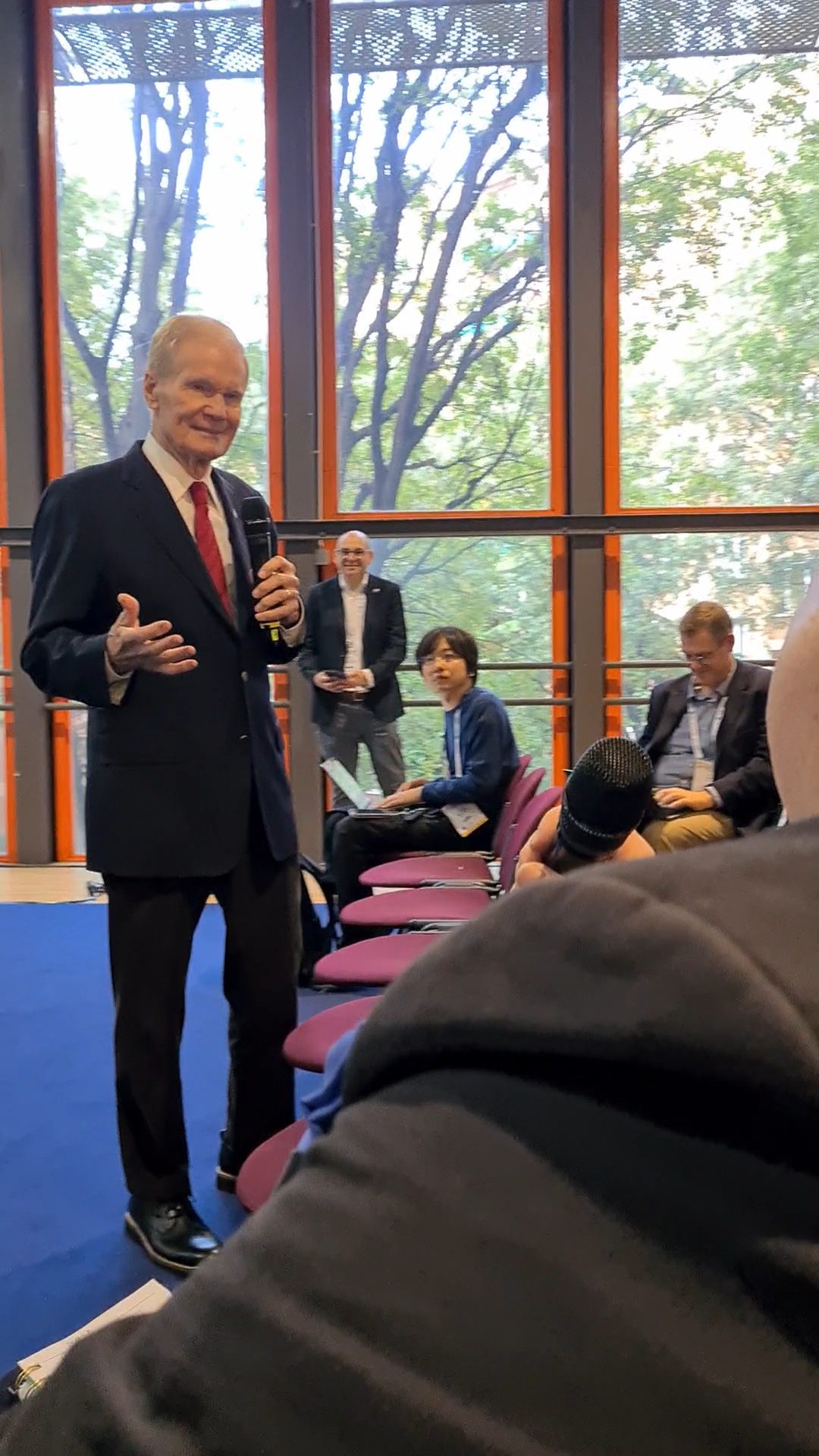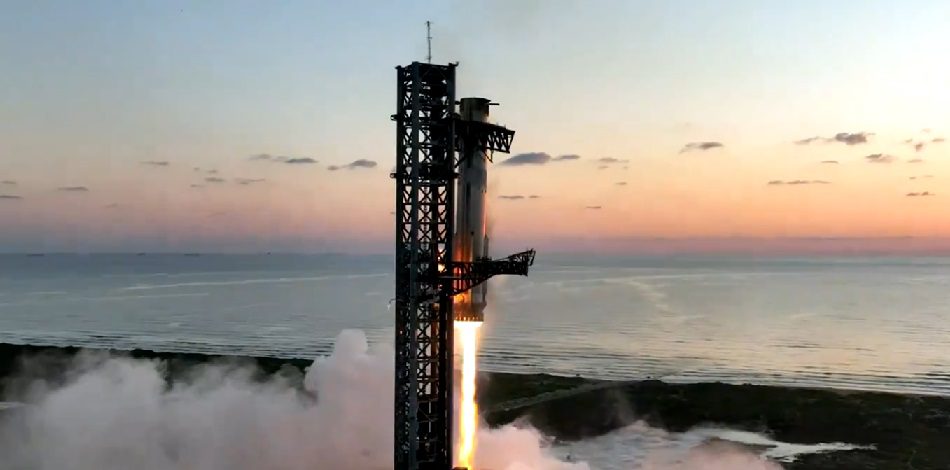We give our condolences to those who have suffered during the Islamic State-inspired terrorist outrage in London during March. Worryingly, it showed that a religious or sectarian terrorist does not need a Kalashnikov or suicide bomb to kill the innocent – a cruelly handled car or knife will do. No mercy was shown in the name of Allah by the perpetrator, as we and the heavens will surely note.
As we try to “keep calm and carry on” as best we can, the fact is that terrorism is affecting us all now. Most recently executives and tourists flying from the Middle East found themselves having to put their laptops and tablets in their aircraft’s hold. If cabin ban spreads it has major implications for airline plans for satellite based in-flight connectivity.
This is terrorism present. But what about terrorism past?
The former Irish Republican leader, Martin McGuiness, 66, who was buried in March, was defined as being a terrorist for targeting not only the British Army, but also civilians (sometimes on a sectarian basis) as well. He rose through the ranks of the Provisional IRA (Irish Republican Army) in their armed struggle from the early 1970s until the 1990s to eventually become part of its leadership. During his time in the Provisional IRA, McGuinness was alleged to have personally taken part in several shootings and bombings and ordered several others.
The IRA’s terrorist war/struggle was fought against sectarian discrimination (the Catholic minority was discriminated against by the majority protestant population) and against the “British occupation”, even though the British Army originally became involved to protect the Catholic minority. It was also fought through a revolutionary fervour to see the Northern Ireland united with the South.
The 35-year-old conflict was described as “dirty war” because it had all sides – the Provisional IRA and its Official IRA, Continuity IRA, Real IRA and INLA siblings and offshoots, the British Army and the Royal Ulster Constabulary, and Unionist/Loyalist terrorist groups – committing terrible crimes, sometimes conspiring with each other, their own spies, and even opponents, to do so.
Thankfully however, by the 1980s Martin McGuinness logically saw that it was no longer in the best interests of the Republican cause to go on fighting. McGuinness had by this time turned to democratic politics via his increasing involvement in the IRA’s political wing, Sinn Fein. McGuinness probably realised that the traditionally higher Catholic birth rate would mean that a Republican majority would eventually (and democratically) hold sway over the North anyway.
As it was, the IRA was finding it harder to fight on anyway: it was riven with spies and informers (IRA hardliners even suggested that the one-time firebrand but subsequently “soft-on-war” McGuinness was one himself), while a change in Libya’s attitude at the end of the Cold War, and a change in US-Irish sentiment after the Al Qaeda 9/11 terrorist outrage, meant that the IRA had lost its principal backers anyway.
Thus, the Sinn Fein/IRA leadership under Martin McGuiness and Gerry Adams, in the face of some fierce internal opposition allowed the Provisional IRA to come to peace via the Good Friday Agreement in 1998. Under the terms of the agreement the IRA eventually disarmed itself of its weaponry in the mid-2000s.
As a result of the peace process, Martin McGuiness actually became deputy First Minister of Northern Ireland, serving alongside his one-time enemy, the Protestant leader and First Minister, the late Reverend Ian Paisley. The two became unlikely friends and were dubbed “the Chuckle Brothers”. Blessed are the peacemakers.
After McGuinness’s death from a rare disease which had damaged his heart, many were at hand to praise him at his funeral for choosing the path of peace over violence. These included the former US President Bill Clinton who paid tribute to the man he knew from the original peace negotiations.
Nevertheless, Martin McGuinness’s critics noted that while he previously expressed regret for the bombings and shootings perpetrated by all sides in Northern Ireland and on mainland Britain and Europe, he never expressed public remorse for the IRA murders he was believed to be personally involved in, nor did he ask for forgiveness from the victims’ families.
At his funeral, the Rev David Latimer, of the First Derry Presbyterian Church said:
“Today we thank God for Martin McGuinness. At some point in future I’m looking forward… to praising God with him in Heaven.”
Always assuming, of course, that God Almighty thinks that Martin McGuinness has done enough to get there.






